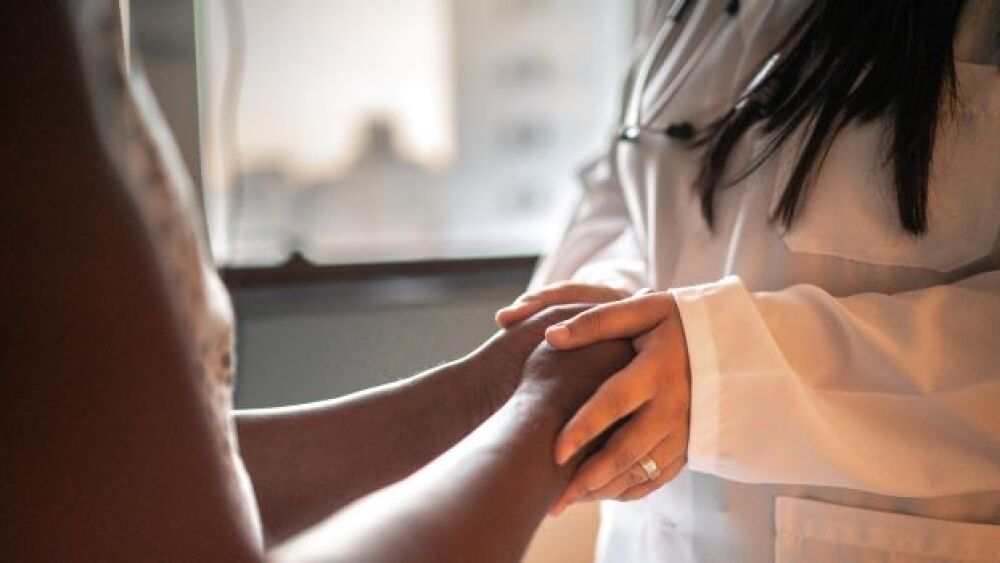Feb. 11 is the International Day of Women and Girls in Science. BioSpace spoke with influential women in biotech and biopharma who are working to make a difference in the lives of other women.
Courtesy Getty Images
Feb. 11 is the International Day of Women and Girls in Science, recognizing the importance and impact of girls and women in all scientific fields.
BioSpace spoke with influential women in biotech and biopharma who are working to make a difference in the lives of other young women.
Being the Only One in the Room is an Opportunity for Growth
As a Black woman in computer science, Katrina Rice, chief delivery officer of biometrics services, eClinical Solutions, is used to being the only person in the room that looks like her. It’s a source of empowerment to make sure her voice is heard.
Rice noted that as she continued her career, she walked into many rooms where she was the only person in her role who looked like her.
“I used to walk into a room and feel intimidated because I would be the only one that looked like me, Rice told BioSpace.” Now, when I walk in a room where no one looks like me, I think that makes me more authentic and even more excited.”
Rice said that because girls and women are excluded from STEM opportunities, the industry is missing out on “the most successful things that come from daring, diverse ideas that no one thought were ever possible.”
Rice said girls and women in STEM should take advantage of resources available through higher education and build a community of like-minded women who can help work through challenging problems.
But most of all, Rice wants girls to “be daring” and not give up despite the barriers.
“When women get involved, we are game changers.”
Women Can Build Better Treatments
Ameena El-Bibany, partner at TechBio investment firm ARTIS Ventures, is dedicated to building the bridge between academia and industry.
El-Bibany has a background in genetics and spent time working in the industry at Novozymes. She intended to pursue a Ph.D. but received the opportunity to work in venture capital.
As a partner in TechBio, El-Bibany has invested across computational biology, synthetic biology and precision medicine.
Involving the voices of women in these investment decisions is essential to El-Bibany.
“For most of the history of medicine, all patients have been treated as a monolith,” El-Bibany told BioSpace. “With scientific advancement, we have since come to understand that every patient is unique in their biology and thus may require unique and individualized treatments.”
El-Bibany said it’s crucial to continue the advancement of STEM fields in a way representative of the global community if we want to advance precision medicine to its highest potential.
One of the ways that ARTIS works towards this goal is by providing mentorship and direct experience opportunities and resources to people of diverse backgrounds.
“I’ve experienced firsthand how positive, early exposure through education can fundamentally impact the trajectory of one’s life and career, and so I deeply believe we need to create more opportunities for girls, particularly underrepresented ones,” she said.
“If there’s one thing I’d leave women in STEM with, it’s this: the world occasionally changes based on the accomplishments of one but frequently changes based on the accomplishments of many. It’s about what we do with each other, and for each other, that leaves a lasting impact,” El-Bibany said.





